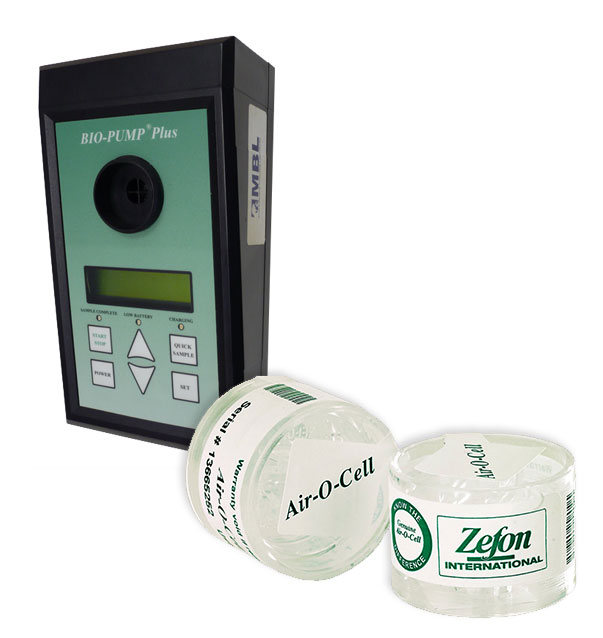
Mould Services
Mould – assessments, sampling and testing
At JJP Environmental, we provide a variety of mould services, including assessment, sampling, and testing. Mould can be extremely dangerous for you, your family, and your pets. We understand how pressing a mould issue can be, which is why we make a commitment to provide fast, effective services to help you assess the problem.

A history of mould
Mould is a common occurrence in our day-to-day lives. You might notice it on an old loaf of bread at the back of your pantry, on a damp blanket left in the garage, or on a block of cheese you forgot about in the fridge. Most of the time, mould is totally harmless. In some instances, like in the production of certain cheeses, or in the discovery of penicillin, mould can be a good thing. For years, it was common knowledge in the scientific community that some moulds killed bacteria. In 1928, Dr. Alexander Fleming discovered that Penicillium—the same mould used to make blue cheese—produced the antibiotic Penicillin. By separating the Penicillin product from the mould, one of the world’s most useful antibiotics was discovered. This discovery helped save the lives of thousands during World War II. But mould isn’t all good, and there are certain strains that can have serious ill effects on your health. Some people, like young children, people suffering from asthma or other respiratory illnesses, or pregnant women, are at a higher risk of health concerns associated with mould.
Frequently asked questions – mould
At JJP Environmental, your health is our priority. Contact us today to learn more about our mould assessment, sampling, and testing services.
Contact Us1What Are Moulds?
Moulds are fungi that can be found both indoors and outdoors. There are tens of thousands fungi species that exist. Moulds grow best in warm, damp, and humid conditions, and spread and reproduce by making spores. Mould spores can survive harsh environmental conditions, such as dry conditions, that do not support normal mould growth. Some common indoor moulds include:
- Cladosporium
- Penicillium
- Alternaria
- Aspergillus
2Where Are Moulds Found?
Moulds are found in every environment, year round, and can be detected, both indoors and outdoors. Mould growth is promoted by warm and humid conditions. Outdoors they can be found in shady, damp areas or places where leaved or other vegetation is decomposing. Indoors mould can be found where humidity are high such as basements or showers. Moulds can also be found on water damaged building materials such as drywall.
3How Can Mould Affect Health?
Some people are sensitive to moulds. Mould Exposure Symptoms include:
- Chronic runny nose
- Asthma attacks
- Itchy skin
- Chronic headaches and migraines
- Fever
- Flu-like symptoms
4What To Expect From Mould Services At JJP Environmental?
- Thorough visual mould inspections
- Analytical sampling of mould within your home, office or building
- Analysis of moisture levels
- Testing air and building materials to determine presence of mould and mould type
5Tips For Avoiding Mould
To avoid the production and spreading of mould in your home, here are a few precautions we encourage:
- Mould thrives on moisture. To avoid its rampant reproduction, ensure all moist areas, like windowsills and basements, are cleaned and dried regularly.
- If you see mould in your home or office, deal with it immediately. Mould can spread quickly, and can turn into a big, expensive problem.
- Ensure proper ventilation in humid areas like bathrooms and kitchens.
- Direct any water away from your home’s foundation.
